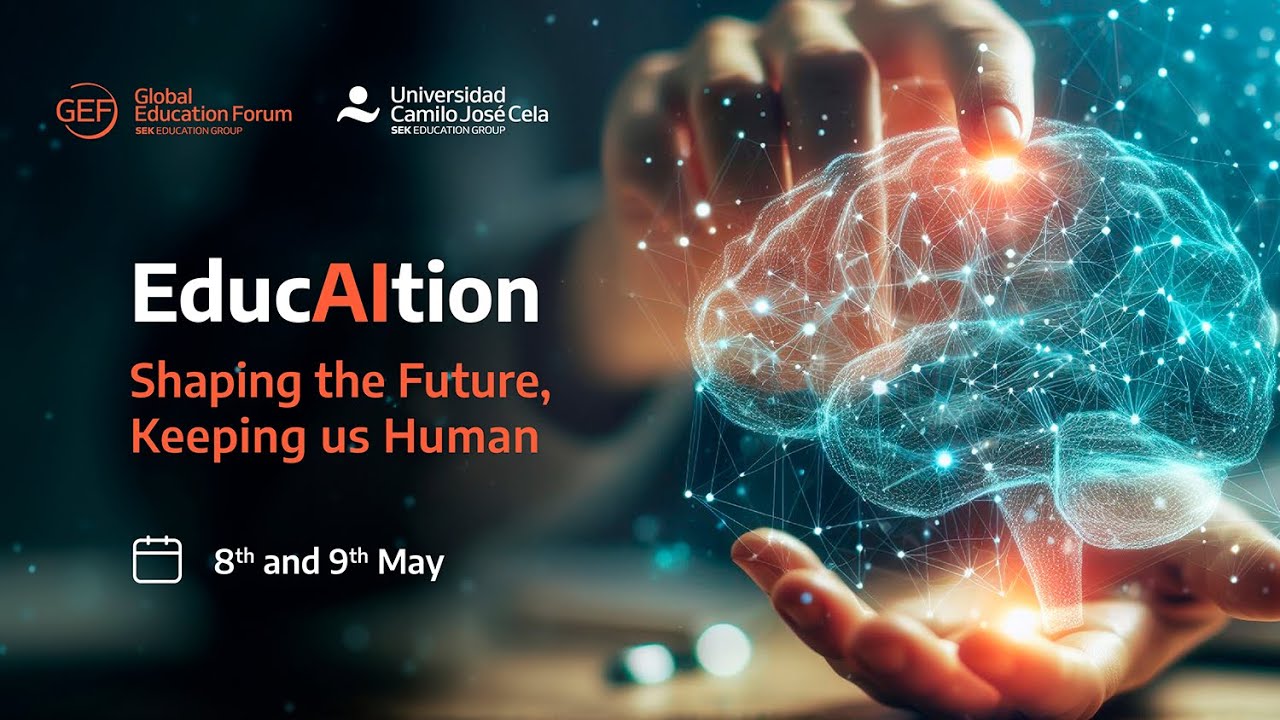Tools for Better Productivity & Time Management | Dr. Adam Grant & Dr. Andrew Huberman
Summary
TLDRIn a thought-provoking discussion, the speakers explore the challenges of balancing enjoyment and productivity in a world dominated by distractions from technology. They emphasize the importance of uninterrupted work time for enhancing focus and creativity, referencing studies that demonstrate significant productivity gains through structured quiet periods. The conversation highlights how individual chronotypes influence optimal working hours and the impact of biological rhythms on attention. Additionally, the speakers delve into the relationship between relaxation and engagement in learning environments, suggesting that different times of day can foster divergent thinking and creativity.
Takeaways
- 😀 The struggle between enjoying the moment and being productive is a common challenge faced by many.
- 🌞 Morning sunlight exposure can enhance alertness and focus, contributing to better productivity.
- 📱 Social media and smartphones have increased distractions, making it difficult to concentrate for extended periods.
- 🕒 Implementing 'quiet time' policies can lead to significant productivity gains, as shown by Leslie Perlow's experiment with engineers.
- ✂️ The concept of 'time confetti' illustrates how fragmented time impacts both productivity and overall enjoyment.
- 💼 Scheduling focused work periods during peak energy times can optimize performance for different chronotypes.
- 🍽️ Post-lunch meetings may be more effective as people are less likely to multitask and are in a relaxed state.
- 🧠 The early hours after waking are critical for analytical and creative thinking, influenced by catecholamine levels.
- 🌙 Individuals may experience different creative outputs based on their chronotypes, with night owls and early birds thriving at different times.
- 🔄 Transition states between sleep and wakefulness may promote divergent thinking and creative problem-solving.
Q & A
What is the main theme of E.B. White's quote referenced in the transcript?
-The main theme of E.B. White's quote is the struggle between the desire to enjoy life and the desire to improve the world, which complicates daily planning and decision-making.
How does social media impact our ability to concentrate according to the speakers?
-Social media contributes to distractions, leading to fragmented attention and a phenomenon referred to as 'time confetti,' where meaningful time blocks are interrupted by frequent checks and notifications.
What startling data point did Gloria Mark present regarding email checks?
-Gloria Mark noted that before COVID, the average person checked their email 72 times a day, highlighting how often people interrupt their focus.
What productivity increase was observed in Leslie Perlow's study on quiet time?
-Leslie Perlow's study found that implementing a quiet time policy led to a 65% increase in productivity among engineers.
What are 'chronotypes,' and why are they important in the context of work productivity?
-Chronotypes refer to individual differences in peak alertness and productivity times, typically categorized as morning or night owls. Recognizing these can help in scheduling tasks to align with when individuals are most focused.
What biological factors influence alertness and productivity at different times of the day?
-Biological factors include the levels of catecholamines (like dopamine) and cortisol, which tend to peak in the morning, enhancing alertness and focus, especially for critical tasks.
What scheduling strategy is suggested for optimal work productivity?
-The suggested strategy is to reserve the first few hours and the last few hours of the workday for deep work, while scheduling meetings and less critical tasks during the middle of the day.
What did the speakers observe about the timing of meetings and productivity?
-They observed that meetings held right after lunch tend to result in less multitasking and distraction, possibly due to a relaxed state of focus.
How might evening classes impact student engagement according to the speakers?
-Evening classes may foster a more relaxed atmosphere for students, potentially leading to increased engagement and participation due to reduced social anxiety.
What recent findings were mentioned regarding early birds and creativity?
-Recent studies indicated that early birds tend to perform better on creative tasks in the morning, possibly due to higher energy levels that facilitate divergent thinking.
Outlines

此内容仅限付费用户访问。 请升级后访问。
立即升级Mindmap

此内容仅限付费用户访问。 请升级后访问。
立即升级Keywords

此内容仅限付费用户访问。 请升级后访问。
立即升级Highlights

此内容仅限付费用户访问。 请升级后访问。
立即升级Transcripts

此内容仅限付费用户访问。 请升级后访问。
立即升级浏览更多相关视频

Cognitive overload -- rewire your brain in the digital age | Darren McNelis | TEDxTallaght

What we get wrong about China. George Yeo in conversation with Alex Stubb

THIS Is Why 80% Of Men Are Invisible… | Dr K (HealthyGamerGG)

DEBATE SOBRE FIGURAS HISTÓRICAS y la Existencia de Jesús: Mitos vs. Realidad

Kepemimpinan dengan cinta

GEF Madrid 2024: Globalising Education with AI
5.0 / 5 (0 votes)
